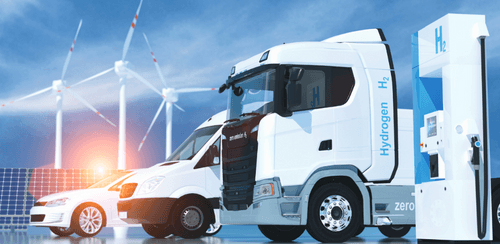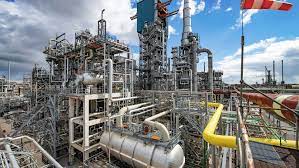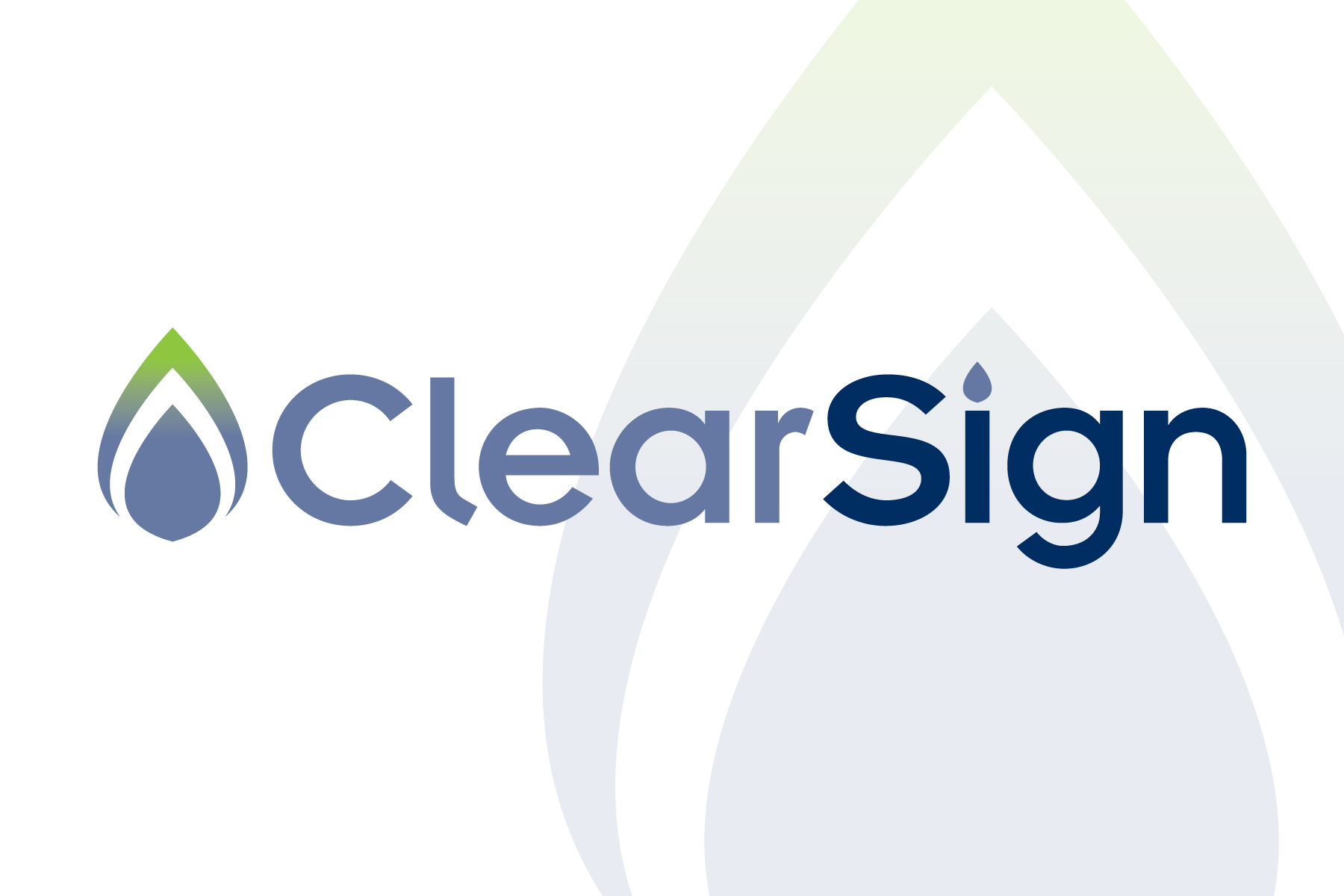FuelCell Energy, Inc., has closed on a project debt financing transaction with Liberty Bank and Connecticut Green Bank for the company’s two fuel cell projects in Derby, Conn., which recently began operations, according to a news release.
The financing is structured as back leverage to a project finance subsidiary of the company supported by the strong cash flows of the projects and the investment grade quality of the offtakers. Liberty Bank’s senior commitment totals $6.5m and Connecticut Green Bank’s is $3m. Connecticut Green Bank will contribute an additional subordinated credit facility of $3.5m totaling $13m in gross financing.
The term of the senior facility is seven years, and the subordinated credit facility is 14 years. The interest rate for the senior debt is fixed at 7.25% and 8% for the subordinated debt. The transaction closed on April 25, 2024, and net funding to the Company totaled approximately $11.6m after transaction fees and debt service reserves.
The two Derby projects include a 14 MW fuel cell park, the second largest fuel cell park in the U.S. followed by FuelCell Energy’s 15 MW fuel cell park in Bridgeport, CT. The Derby projects are being used to deliver competitively priced baseload class I renewable energy as part of 20-year power purchase agreements with Eversource and United Illuminating. In Connecticut, a class I renewable energy source is defined by statute as electricity produced from wind power, geothermal power, or fuel cells. The second project supported by this financing is the 2.8 MW baseload fuel cell project also located in Derby.
The fuel cell modules of both facilities were made in America at FuelCell Energy’s Torrington, Connecticut, factory utilizing the majority of U.S. based materials and suppliers.







